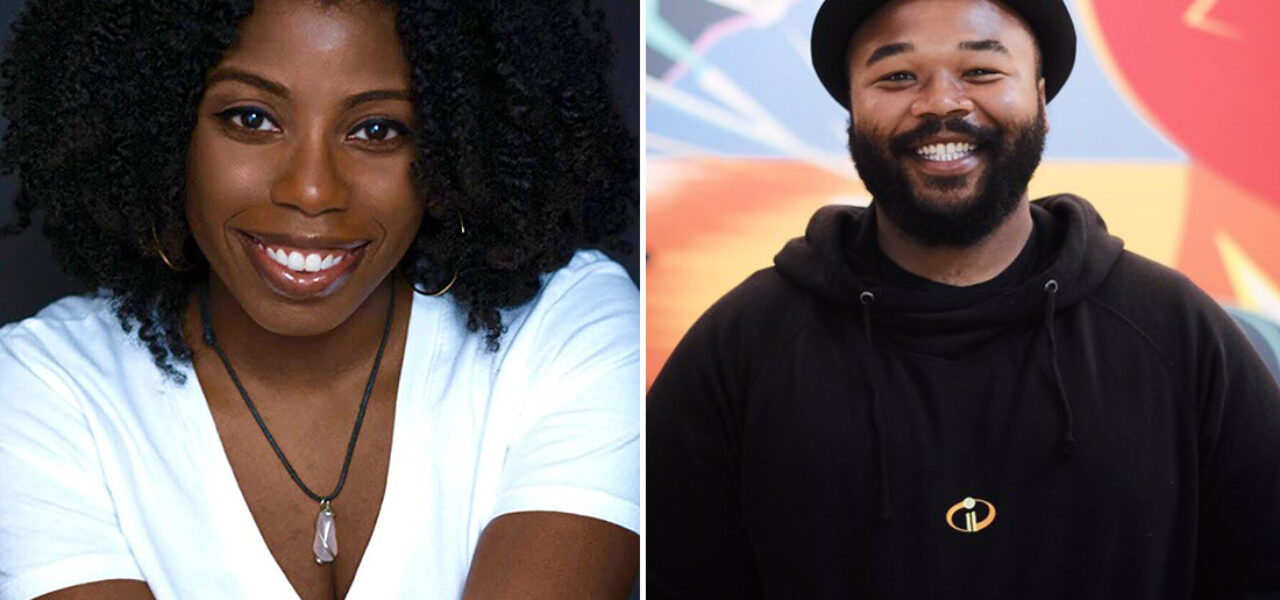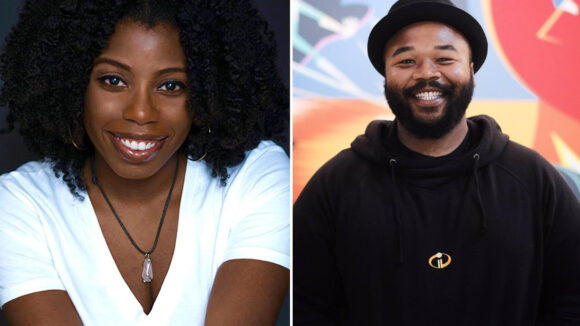

Cartoon Brew Podcast: Animating While Black
For our latest episode of the Cartoon Brew Podcast, we wanted to help keep the momentum started by many black artists in animation, illustration, comics, and more, by amplifying demands for more visibility, opportunities, and equity.
In this episode, Monique Henry-Hudson (pictured top left), founder of the blog Simply Robotix and co-founder of the speaker panel series DiverseToons, talks about both projects and shares her path into animation.
Next, veteran feature animation professionals Frank Abney (pictured top right) and Bobby Pontillas join us for an extended chat about Rise Up Animation, a new initiative they founded with Trent Correy, as part of which they offer free portfolio feedback to people of color in the industry. Frank reflects on how he got his foot in the door and discusses the motivations for his short film Canvas.
I also mention a few people and groups worth checking out, such as Deborah A. Anderson, who runs BlkWmnAnimator. She recently hosted two fantastic livestreams (here and here) featuring black artists which are especially worth watching. I also recommend the Black N Animated Podcast hosted by Breana Williams and Waymond Singleton, and the #DrawingWhileBlack directory, a database of black artists put together by illustrator Abelle Hayford.
As I stress in the episode, this is about building momentum. The kinds of industry changes called for in a recent open letter from Black N Animated point to problems that have existed for decades and cannot be fixed overnight. There has long been a push for getting more black people in animation, as well as more people of color, queer people, women, and people with disabilities. We need an industry that is truly intersectional on every level. As the letter notes, it is tragic that changes seem to be happening only after human lives have been lost.
The animation industry has a widely influence on society, so let’s do what we can to make sure that it reflects that society. Let’s recognize that the qualified people are there — they are just lacking opportunities. That people from different backgrounds have so much stacked for or against them through different systems like schooling, home ownership, and generational wealth. Studios and schools have shown us how quickly they rose to the challenge of mobilizing workforces in the pandemic, so I know they are capable of coming up with long-term plans to address these issues onscreen and behind the scenes.

